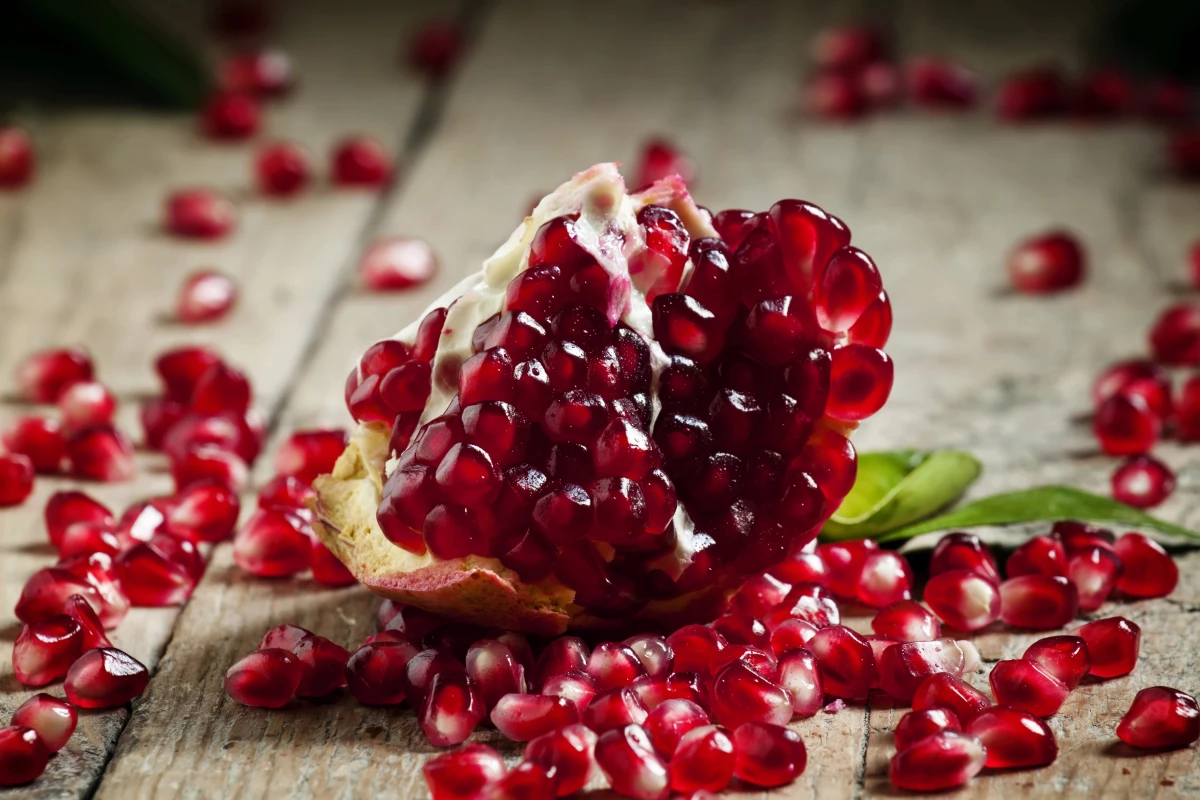Researchers from Germany’s Georg-Speyer-Haus have revealed that a natural compound, produced by gut bacteria from foods like pomegranates and walnuts, can rejuvenate the immune system in middle-aged adults. This discovery, detailed in a study published in the journal Nature Aging, suggests that the compound urolithin A (UA) can protect against cell damage, inflammation, and chronic diseases, including cancer.
The research team, led by Dr. Dominic Denk, a physician-scientist at University Medicine Frankfurt, has spent years investigating UA. This metabolite is generated when gut bacteria break down ellagitannins found in certain foods. The recent findings build on a significant breakthrough made in 2022, when researchers discovered that UA activates a biological pathway that enhances mitochondrial function in T cells, thereby strengthening these immune cells’ ability to combat cancer.
As individuals age, they experience a decline in immune function known as immunosenescence. This process involves a reduction in naive T cells, which are essential for defending against infections, and an increase in memory T cells. Consequently, the body becomes less capable of fighting infections and more susceptible to chronic diseases, a phenomenon referred to as “inflammaging.”
To address this issue, the researchers aimed to “reprogram” T cells, effectively rejuvenating them to combat the natural decline in immune function. In a randomized, double-blind, controlled trial involving 50 healthy adults aged between 45 and 70 years, participants received UA supplements or a placebo for a duration of 28 days. The study assessed immune-related health markers before and after the treatment period.
The results demonstrated several positive effects of UA on the immune system. Participants taking UA supplements exhibited an increase in well-functioning CD8+ T cells, crucial for pathogen defense. These cells displayed higher levels of peroxisome proliferator-activated receptor gamma coactivator 1-alpha (PGC-1α), a protein essential for mitochondrial biogenesis, which is the process of generating new mitochondria. Additionally, the UA group experienced reduced oxidative stress and favorable changes in various inflammatory markers.
UA appears to facilitate mitophagy, the cellular process responsible for recycling damaged mitochondria. This led to a significant increase in the number of young, naive T cells, enhancing the immune system’s capacity to eliminate harmful bacteria. The production of UA heavily relies on the gut’s microbiota, with specific microbial groups, including Proteobacteria, playing a role in breaking down ellagitannins.
The growing interest in UA extends beyond immune health. Since its initial mention in research in 2019, studies have explored its potential in treating depression, enhancing muscle endurance, and combating obesity by promoting the conversion of white fat to brown fat in animal models.
“This study is that critical first step and shows that urolithin A can safely enhance immune function in humans,” stated Dr. Denk. He emphasized the compound’s promise not only in cancer treatment but also in addressing broader health issues associated with aging.
Dr. Florian Greten, Director of the Frankfurt Cancer Institute, remarked on the successful clinical translation of these findings. “A robust immune system has broad implications. By rejuvenating immune cells, we could make life-saving cancer treatments effective for more patients.” The team has already initiated a follow-up study involving patients undergoing immunotherapy to assess whether UA’s benefits extend to these individuals as well.
The research underscores the significance of dietary components in health and their potential to influence immune function as we age. As scientists continue to explore the implications of UA, it may pave the way for novel therapies aimed at enhancing health in middle age and beyond.






































































